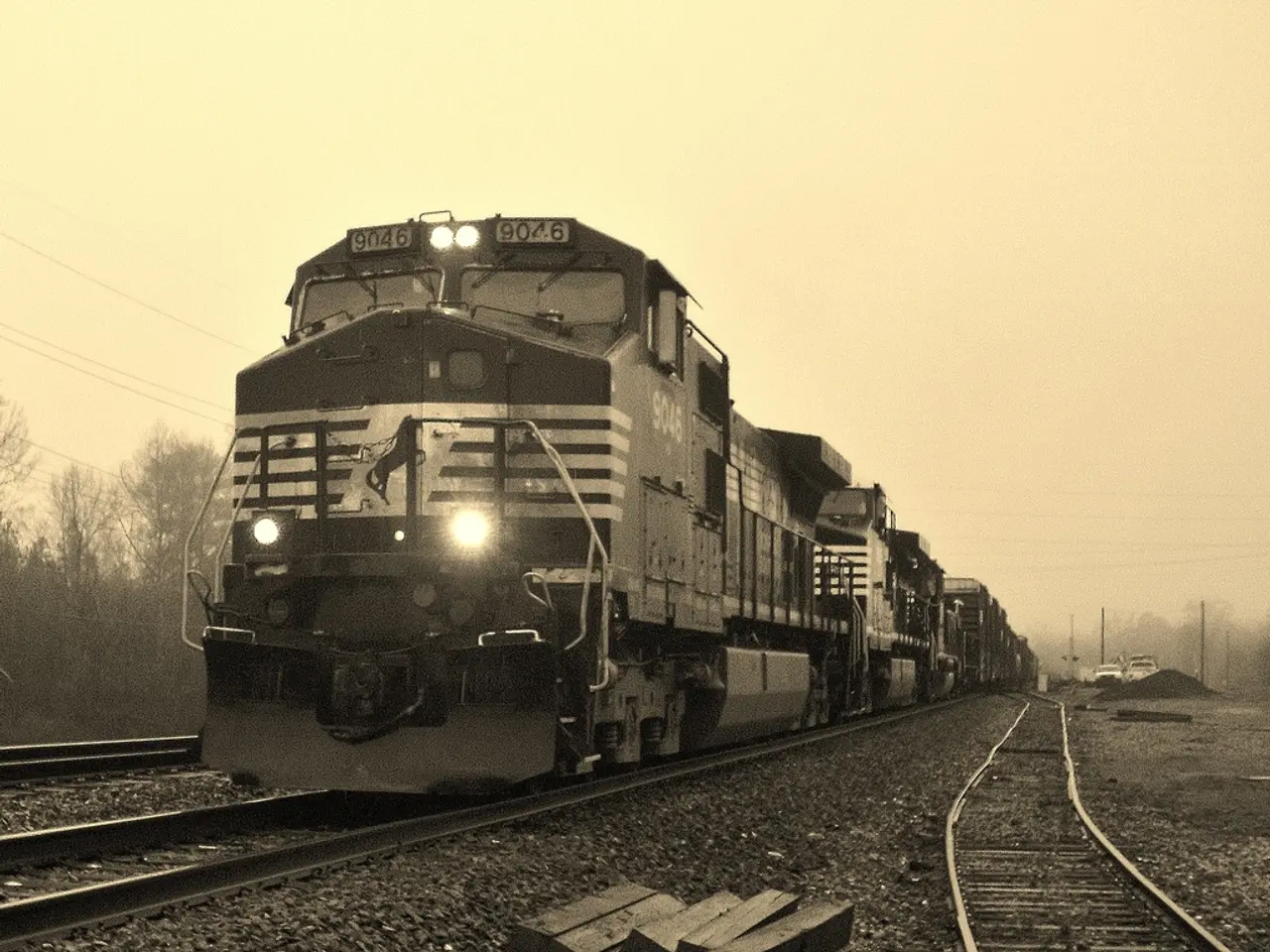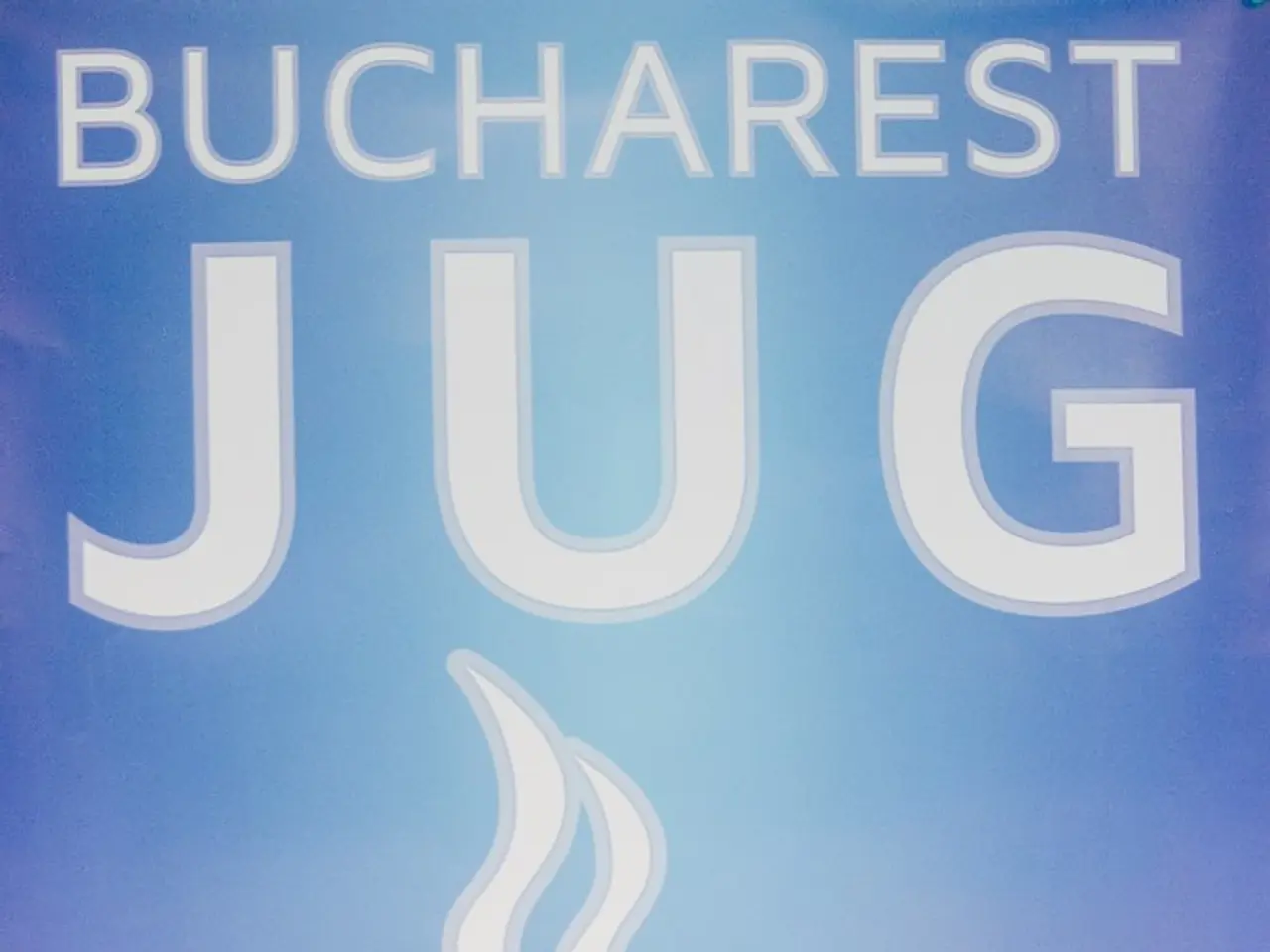Autopilot-involved accident leads to Tesla shelling out a staggering $243 million.
In a landmark ruling, a jury in Florida has ordered Tesla to pay $243 million in damages for a fatal 2019 crash involving its Autopilot feature. The verdict, which includes $200 million in punitive damages, marks the first time Tesla has been convicted in one of the many fatal incidents that have occurred as a result of its Autopilot technology [1][2].
The collision resulted in the death of a 22-year-old woman and severe injury to her partner. The driver of the Tesla Model S, who was found 67% at fault in the accident, was not charged and does not have to pay his share of the damages. However, Tesla was held liable for 33% of the damages, amounting to approximately $129 million [1][2].
This verdict highlights significant legal risks for Tesla regarding the safety of its autonomous driving technology. The implications for Tesla include increased scrutiny of its Autopilot software's safety, possible financial liabilities, and heightened regulatory and consumer pressures to improve system reliability.
For the broader autonomous driving industry, this ruling may set a legal precedent increasing manufacturer accountability for accidents attributed to driver-assist technologies. It could potentially prompt stricter safety standards, more rigorous testing, and cautious deployment of such systems.
The plaintiffs' lawyer, Brett Schreiber, stated that Tesla had developed Autopilot for specific areas but did not prevent its use elsewhere. The driver of the Tesla Model S stated that he reached down to pick up a phone that had fallen onto the floor during the drive, which may have contributed to the accident.
The accident involved a Tesla Model S and a parked Chevrolet in April 2019. The driver of the Tesla was not alerted when he ran a stop sign and a traffic light before colliding with the victims' car.
This case illustrates the growing challenges autonomous vehicle manufacturers face, as courts hold them responsible for software flaws contributing to crashes. It could undermine safety in the automotive industry and threaten the efforts of Tesla and the entire industry to develop and implement life-saving technologies.
Tesla has announced its intention to appeal the verdict. New lawsuits and potentially higher costs may loom for Tesla due to the Autopilot issue. The verdict could hinder the efforts of Tesla CEO Elon Musk to convince investors that Tesla can lead in both private vehicle autonomous driving and robotaxis.
[1] https://www.nytimes.com/2023/03/01/business/tesla-autopilot-crash-lawsuit.html [2] https://www.cnbc.com/2023/03/01/tesla-ordered-to-pay-243-million-in-damages-for-2019-fatal-autopilot-crash.html
- In light of the verdict, there may be an increased need for Tesla to revise its community policy to ensure clear guidelines on the use of its Autopilot feature during vocational training or in situations where full driver attention is required.
- The financial implications of this case could potentially impact Tesla's budget for future advancements in technology, including sports or other sectors, given the increased scrutiny and potential legal liabilities associated with its Autopilot feature.




